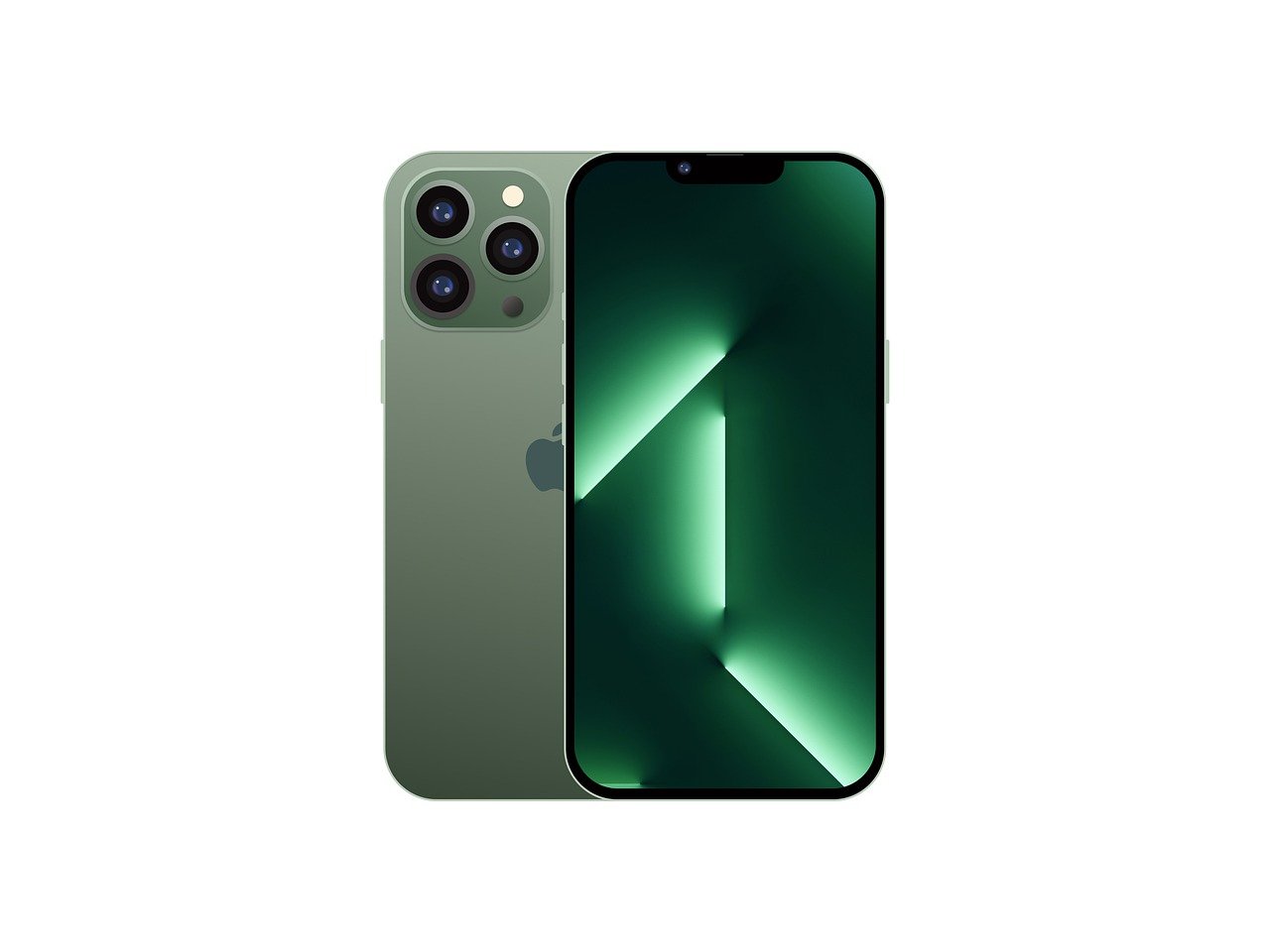Wearable technology has moved beyond fitness trackers. In the coming years, wearables will play a critical role in health monitoring, enhancing productivity, and improving overall well-being. Let’s explore how wearables are evolving to meet these needs.
1. Health Monitoring
Wearables are already tracking steps, sleep, and calories. In the future, these devices will monitor more advanced metrics such as blood sugar, blood pressure, and even early signs of illness. AI integration will allow for proactive health management, offering personalized recommendations and real-time alerts.
2. Fitness Optimization
Fitness trackers are becoming more accurate, with wearables now able to track heart rate variability, muscle recovery, and performance. Advanced wearables will offer customized workout plans and recovery suggestions based on individual needs, improving fitness results.
3. Enhancing Productivity
Wearables are increasingly integrated into the workplace, offering features that help professionals stay on top of tasks. Smartwatches can provide reminders, calendar updates, and quick access to work emails and messages, allowing users to stay connected and organized without constantly checking their phones.
4. Mental Health and Wellness
Mental health is becoming a key focus for wearables. Devices will track stress levels, monitor mood swings, and suggest mindfulness exercises or breathing techniques. AI-powered wearables will provide tailored solutions to improve mental well-being and reduce anxiety.
Conclusion
Wearable technology is set to revolutionize health, fitness, and productivity. With advancements in sensors and AI, wearables will become indispensable tools for managing wellness and optimizing daily life.














